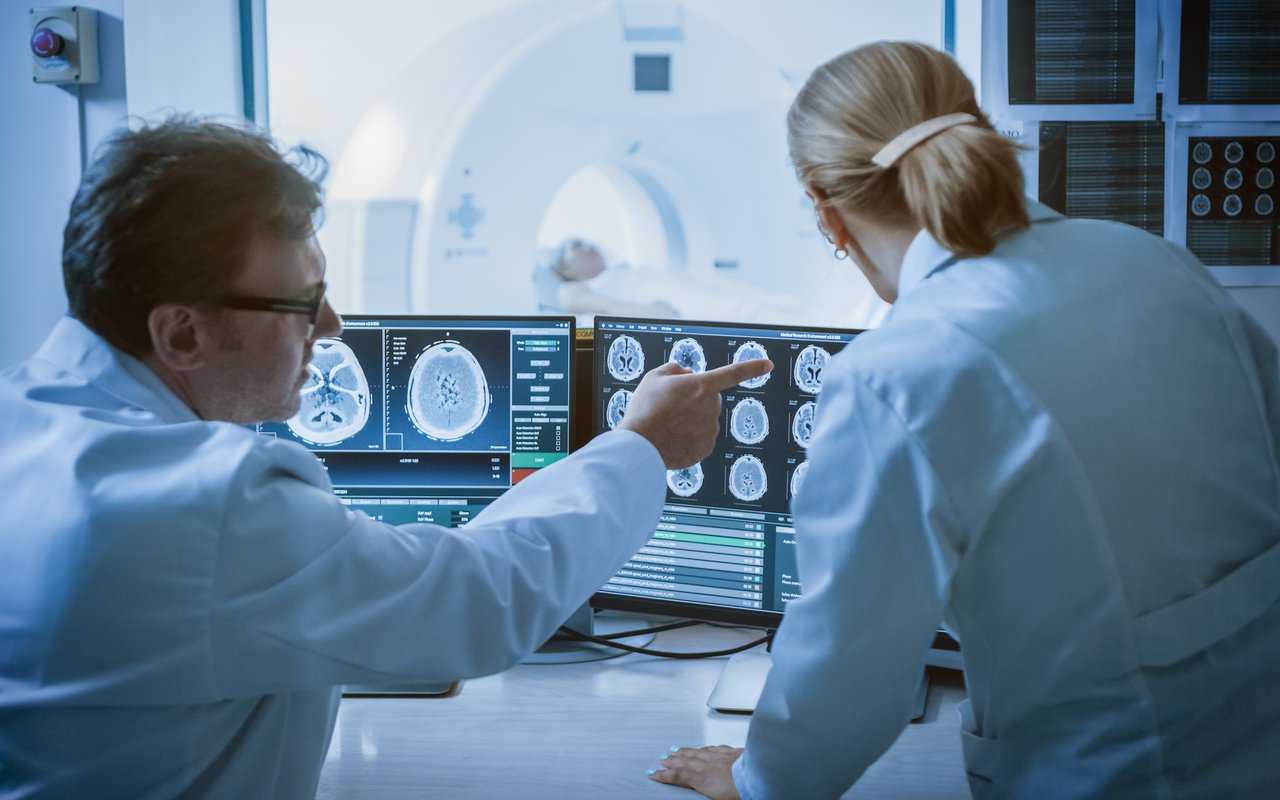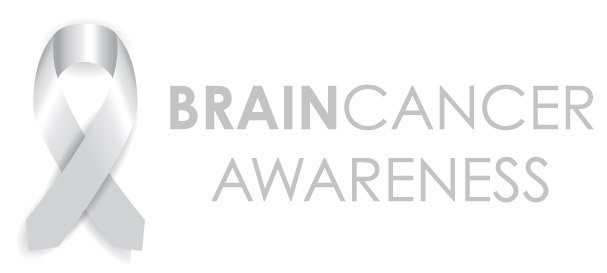We Offer Telemedicine Appointments.

We understand that the truly devastating diagnosis of brain cancer leaves most in disbelief. It is important to identify a healthcare group or facility that has the experience in properly diagnosing and establishing a treatment plan for a variety of cancers. The Miami Neuroscience Center at Larkin has successfully treated thousands of patients using the latest technologies such as stereotactic radiosurgery and surgical techniques. Our multidisciplinary team is comprised of neurosurgeons, neuropathologists, neuroradiologists, neurointerventional radiologists neuro-oncologists, radiation oncologists, and physicists with over three decades of experience. Our doctors use the following types of diagnostic procedures:
Neurological Exam
A neurological exam is conducted to assess which parts of your brain have been affected by the tumor. It may include several different components including coordination and balance, vision and eye movement, muscle strength, reflexes, and alertness.
Diagnostic Imaging Techniques
- CT scan: A Computed Tomography (CT) test combines X-ray and computer technology. You will be given a contrast dye that is absorbed by cells in the brain, providing better and more detailed images of the brain tumor. During the procedure you will lie on a table that will glide gently into the donut shaped machine. The scanner will circle your head, taking images from many different angles.
- MRI scan: Magnetic Resonance Imaging (MRI) combines radio waves and magnets to take high quality images of the brain tumor. Similar to CT scans, the patient may be given a contrast dye to help improve the clarity of the MRI images. During the procedure you will lie on a table while the scanner takes 3D images of your head. The images will show abnormal areas of your brain and the size of the tumor.
- PET: Positron emission tomography (PET) can be used as part of your initial diagnosis to learn more about the tumor and also after treatment if the cancer recurs. A contrast dye will be injected into your arm that will bind with cancer cells that are rapidly dividing. A greater portion of the dye will be absorbed by the cancer cells enabling our doctors to distinguish between healthy and cancer cells along with locating and measuring your brain tumor.
Surgical Brain Tumor Biopsy
The most definitive way for our doctor to diagnose a brain tumor is a surgical biopsy. This procedure is used to take a small tissue sample from the affected area of your brain. The sample is examined in the laboratory under a microscope. A biopsy enables our doctors to diagnose the type of brain tumor and whether it is malignant or benign. A surgical biopsy is performed in our hospital. There are three types of surgical biopsy for brain tumors. These include:
- Needle biopsy: A needle biopsy may be performed with a frame, in which case, our surgeon will place a specially designed ring around the top of your head. The ring is held in place with pins. The frame is used to help guide the surgeon to a precise area of your brain. The procedure may also be frameless, in which case our surgeon will use the information from your MRI scan to locate the tumor. Our surgeon will make an incision just a few millimeters long and drill a small hole into your skull. Using a very fine needle, he will then withdraw a small sample of tissue. The incision is then closed.
- Stereotactic biopsy: Like a needle biopsy, this procedure may be performed with or without a frame. If the procedure is frameless our doctors will use the MRI image and a computer-controlled guidance arm to locate the precise brain region for the biopsy. A small incision and whole is made into the skin and skull for a fine needle to pass through. Our surgeon removes a tissue sample with thea fine needle then closes the incision.
- Open biopsy: This is the most invasive yet common of the three forms of surgical biopsies. For an open biopsy, our surgeon will remove a small piece of your skull and then removes a sample of the brain tumor tissue.
Sometimes, our surgeons may not be able to perform a brain biopsy due to your health condition. If this is the case, our doctors will base the diagnosis on the results of the other tests.
Brain Biopsy Risks
Surgical biopsy is generally considered safe, but potential risks include:
- Nerve damage
- Infection
- Bleeding
- Blood clot
Genetic Tests
After you have been diagnosed with a brain tumor, our doctor will use a series of genetic tests to help identify the molecular structure of the cancer. This will help with choosing an appropriate treatment option. Over the past few years, a number of genetic markers have been identified. Some genetic alterations, such as MGMT (o 6-methylguanine methyltransferase) or (IDH1 and IDH2 Isocitrate dehydrogenase 1 and 2) alterations can affect the success of your treatment with chemotherapy or radiotherapy.
Over 5,000 Brain Cancer Survivors
The Miami Neuroscience Center at Larkin has successfully treated thousands of patients with brain tumors. If your or a loved one have been recently diagnosed with brain cancer learn more about our leading treatment options or schedule a consultation.

Living With Brain Tumors
The Journey To Cancer Remission.
Being diagnosed with a brain tumor is a profound and life-changing event. During your journey from diagnosis to treatment and after, there will be days when you may feel positive and days when you are feeling doubtful and afraid of what the future holds. There are steps you can take to help you better understand your condition and to develop a strong support network. Here are some examples:

Brain Tumor Awareness: You’ll probably want to learn as much as you can about brain tumors, and there is plenty of easily accessible information out there. Some great resources include the American Brain Tumor Foundation, the National Brain Tumor Society, and the Pediatric Brain Tumor Foundation. And don’t forget to wear your grey ribbon in May for Brain Tumor Awareness month.
Brain Tumor Support Groups: Whether you are a patient, survivor, family member, or caregiver, joining a brain tumor support group is a good way to meet people who are going through the same experiences. Being part of a group means you can get emotional support from others and you can provide support for them. The American Brain Tumor Foundation maintains a comprehensive list of support groups throughout the USA.
References
- Quinn Ostrom, MA, MPH; Mark L Cohen, MD; Jill Barnholtz-Sloan, PhD, “Gene Markers in Brain Tumors – What the Epileptologist Should Know” National Center for Biotechnology Information (NCBI), December 2013. https://www.ncbi.nlm.nih.gov/pmc/articles/PMC3868995/